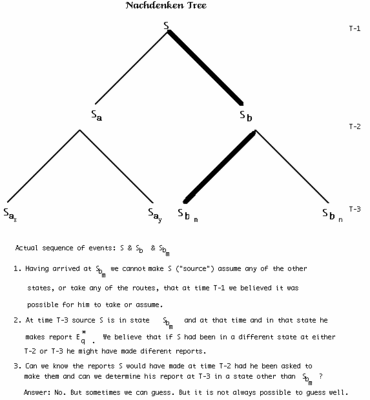Fie on both of your houses, on (some of) you Democrats and on Republican Bush-sycophants! Whether we like it or not, in our constitutional scheme a Supreme Court Justice must have some of the qualities of both a philosopher king and a Biblical scholar. The Supreme Court leads not only and not even primarily by reason of its coercive legal authority. The Supreme Court leads in very significant part by reason of the lucidity and the persuasiveness of its pronouncements.
Although Miers cannot be called one of the country's preeminent private lawyers, she did have an impressive record in private practice. But nothing in her record attests to her ability to explain her vision of American constitutional principles to other people, either to lawyers or to the country as a whole. (Indeed, nothing in her record suggests even her ability to divine, or infer, plausible constitutional principles from the text, history, and philosophy of the U.S. Constitution.)
Harriet Miers is not a street cleaner. She is unquestionably intelligent. It also appears that she has been a zealous and effective advocate for her clients. But, my dear Senators, the question now is the composition of the Supreme Court. Not every intelligent person, not every canny person, and not every successful legal practitioner is qualified to prescribe and explain the legal rules that constitute the foundation of the American system of government.

